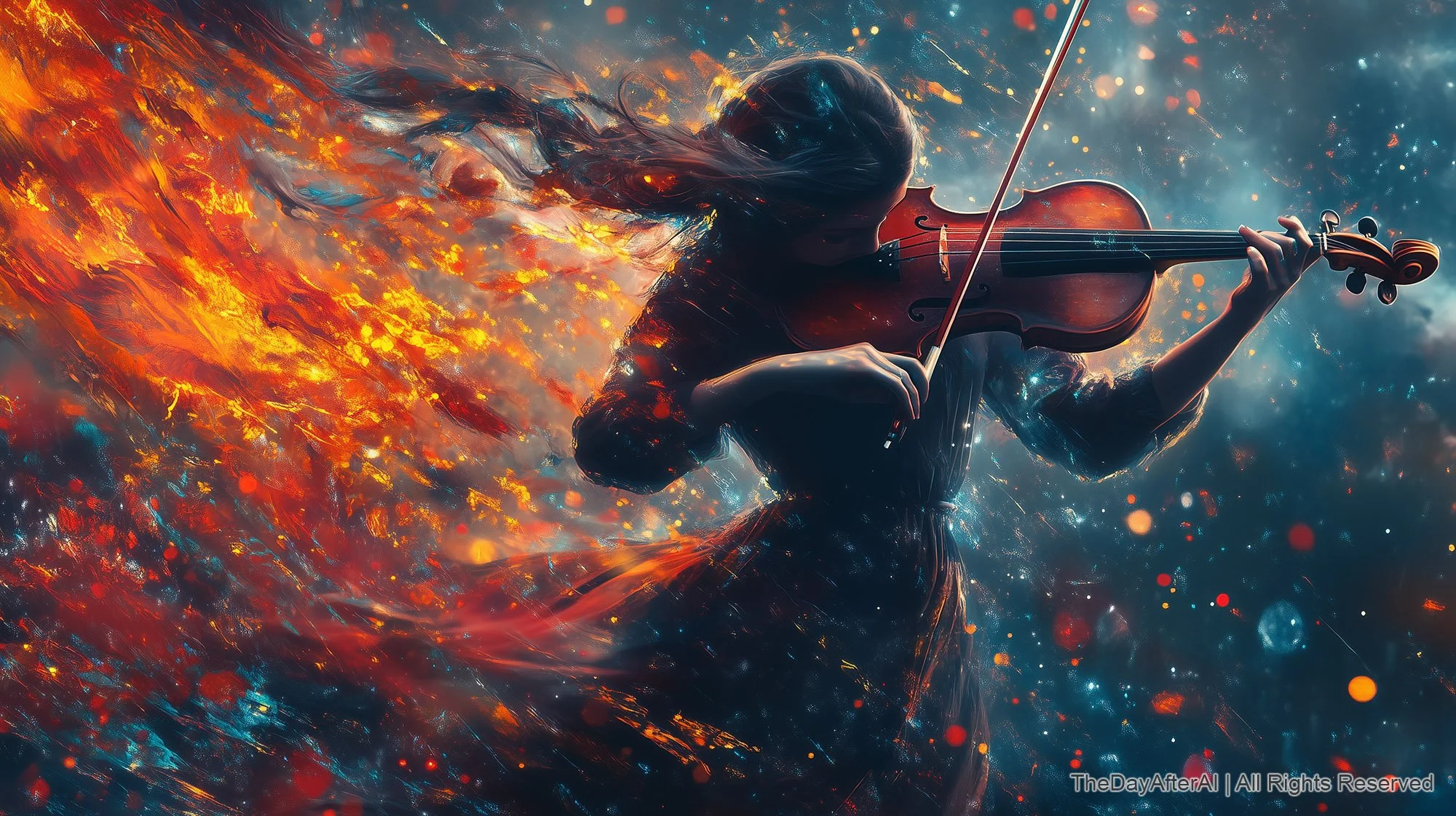Amazon and Universal Music Group Unite to Combat Unlawful AI-Generated Content
Image Credit: Jacky Lee
License This Image
Amazon and Universal Music Group (UMG) have announced an expansion of their existing partnership, focusing specifically on tackling the challenges posed by unauthorized AI-generated content. The collaboration aims to protect artists from fraud and misattribution while ensuring the responsible use of AI technologies in content creation.
[Read More: UMG & KLAY Vision: Transforming AI Music with an Ethical, Artist-Friendly Model]
Joint Initiative Against Unlawful AI Content
On December 23, the tech giant and the renowned record label unveiled their joint efforts to curb the misuse of AI in generating content deemed “unlawful”. This initiative is part of a broader strategy to safeguard intellectual property and maintain the integrity of artistic works in the digital age. The companies stated in their joint press release:
“UMG will also collaborate with Amazon Music as it continues to expand in audio, including further innovation in audiobooks, audio and visual programming, and its investment in livestreamed content that has connected millions of fans with their favorite artists across all genres and corners of the world.”
[Read More: YouTube Launches AI Music Remixes, Live-Stream Reminders, and Shorts Conversion Updates]
Legal Actions Highlighting Industry Concerns
Earlier in the year, UMG, alongside other major record labels Sony Music Entertainment and Warner Music Group, initiated lawsuits against two AI music startups, Suno and Udio. The labels accused these startups of unauthorized use of copyrighted material to train their AI systems. The companies argue that their recordings were used without proper authorization, challenging the notion that such use falls under the “fair use” provision of U.S. copyright law.
The record labels view the lawsuits as an attempt to prevent unfair competition from emerging AI-driven platforms that leverage copyrighted content without consent.
[Read More: Suno’s V4 AI Music Model Sets New Standards Amid Copyright Lawsuit and Industry Debate]
Implications for eCommerce and AI Integration
The ongoing litigation underscores a critical balance between technological innovation and the protection of intellectual property rights. As AI continues to advance, its integration into eCommerce platforms—such as personalized recommendations and virtual shopping assistants—brings both opportunities and challenges.
A recent report highlighted that the outcome of these legal proceedings could set significant precedents, potentially leading to more stringent regulations governing the use of AI-generated content in commercial settings. eCommerce businesses are closely monitoring these developments, recognizing that they could reshape how AI is utilized within online retail environments.
[Read More: Understanding Deep Learning: The Brain Behind the Machines]
Call for Clearer AI Guidelines and Protections
The legal disputes involving AI and copyrighted materials have sparked calls for more definitive guidelines and protections within the AI sector. Experts emphasize that AI’s ability to produce content mirroring human creativity—be it articles, images, or music—raises complex questions about ownership and copyright infringement.
Star Kashman, a cybersecurity and privacy lawyer, highlighted in an interview with PYMNTS that AI-generated content often relies on datasets containing copyrighted works, which may infringe upon existing copyrights. This situation necessitates clearer regulations to address the unique challenges posed by AI in content creation.
[Read More: Suno’s AI Symphony: Revolutionizing Music Creation or Raising Copyright Concerns?]
Industry Responses and Technological Solutions
In response to these challenges, some companies are developing tools to mitigate the risks associated with AI-generated content. For instance, Adobe introduced a video creation tool earlier this year designed to facilitate faster content creation while ensuring that the output is safe for commercial use.
Robert Petrocelli, Chief Product and Technology Officer at Vimeo, noted in an October interview with PYMNTS that such tools enable creators to experiment and produce content efficiently without compromising on legal and ethical standards.
[Read More: Adobe Firefly: Leading the Way in Responsible Generative AI for Creators]
Source: PYMNTS










